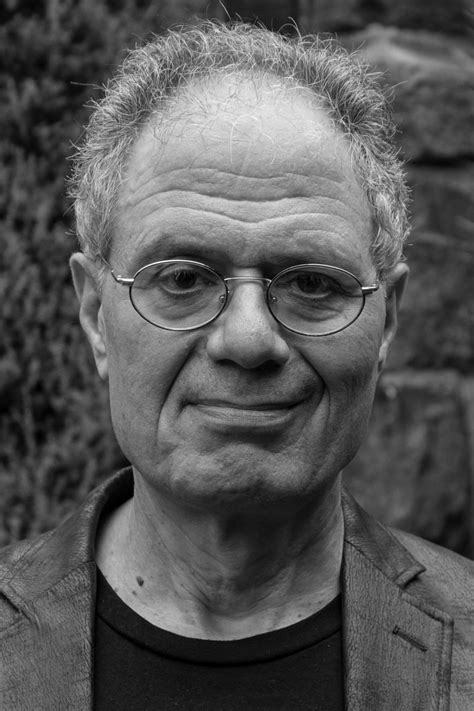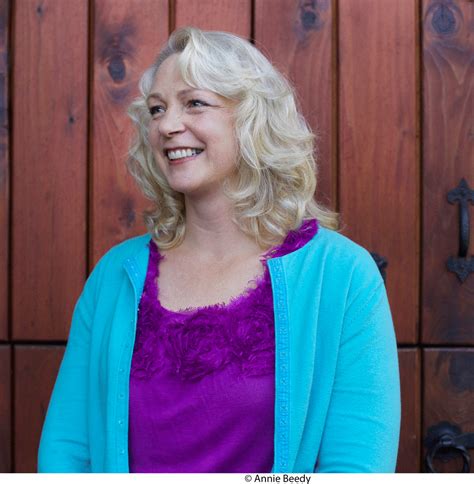A Quote by George Scialabba
What is enthralling and illuminating about The Metaphysical Club is its portraits of individuals and their milieus. Menand is wonderfully deft at evoking a climate of ideas or a cultural sensibility, embodying it in a character, and moving his characters into and out of one another's lives. What might have been a jumble of intellectual movements and colorful minor figures (...) is instead a subtle weave of entertaining narrative and astute interpretation.
Quote Topics
About
Another
Astute
Been
Character
Characters
Climate
Club
Colorful
Cultural
Entertaining
Figures
His
Ideas
Illuminating
Individuals
Instead
Intellectual
Interpretation
Jumble
Lives
Metaphysical
Might
Might Have Been
Minor
Movements
Moving
Narrative
Out
Portraits
Sensibility
Subtle
Weave
Wonderfully
Related Quotes
I don't know quite how a story develops in my head. It is a bit chaotic. If I am working on a series, one of the main characters at least is already in existence as well as some setting and minor characters. Finding the other main character can be a challenge. Sometimes this character already exists in a minor role in another book.
The 20th century is a period defined by cultural and artistic movements. However, the 21st century creative-scape that we occupy now doesn't really have movements in the same way. Instead it's made up of diverse individuals working across various platforms simultaneously; art, architecture, film, music and literature.
When you are writing, you have to love all your characters. If you're writing something from a minor character's point of view, you really need to stop and say the purpose of this character isn't to be somebody's sidekick or to come in and put the horse in the stable. The purpose of this character is you're getting a little window into that character's life and that character's day. You have to write them as if they're not a minor character, because they do have their own things going on.
I felt I was moving among two groups [literary intellectuals and scientists] comparable in intelligence, identical in race, not grossly different in social origin, earning about the same incomes, who had almost ceased to communicate at all, who in intellectual, moral and psychological climate had so little in common that instead of going from Burlington Hom or South Kensington to Chelsea, one might have crossed an ocean.
I'm pretty good at fleshing out characters. I like to crawl inside their minds and imaginations and sort of loll about. Sticking to a clean narrative arc gives me some troubles. I've been told that I'm digressive and I'd have to agree. The odd anecdote that in no way relates to the "big idea" is just as illuminating and fascinating to me as anything else pertaining to the through-line.
In the native literatures of North America there aren't any novels. Instead, the major genre is myth. And myths are stories that are fundamentally about the world, not about human individuals. A myth needn't include any humans at all. If it does include them, they're usually minor characters - imaginary humans sent out like scouts to report back on what's happening in the mythworld, but not central participants in the action.
While I was drawn to the Renaissance, my first (unpublished) novels took place in modern times. When the subject of alchemy started creeping into my stories, an astute mentor observed that the bits about alchemy might fit better in another time frame. When I finally decided to weave the pieces about the medieval science into historical settings, a successful novel began to emerge. (And I dusted off that art history book, and put it to use once again.)
The Green Shore is an engrossing novel about political oppression, played out on an intimate family scale. Bakopoulos charts the subtle, gnawing pressures of life under the Greek junta - the steady drip of daily coercion - with an exacting empathy. In particular, her depiction of love under tyranny - by turns hesitant, furtive and liberating - is as astute as it is moving.
Do you ever get moods when life seems absolutely meaningless? It's like a badly-constructed story, with all sorts of characters moving in and out who have nothing to do with the plot. And when somebody comes along that you think really has something to do with the plot, he suddenly drops out. After a while you begin to wonder what the story is about, and you feel that it's about nothing—just a jumble.
At any rate, if evolution turns out to be true, then the Christian should embrace it as one dedicated to following the truth wherever it leads. This might mean reworking his interpretation of Genesis on the subject-much like Christians have had to rework their interpretation of biblical passages referring to the sun rising and setting, the earth not moving, or the earth resting on foundations.
What's more important is that we talk about movements; change happens through movements. The movement to end slavery, the movement to bring justice for those who have been left out of the system, movements to include women, movements around sexual preference - all these movements brought about change.




































